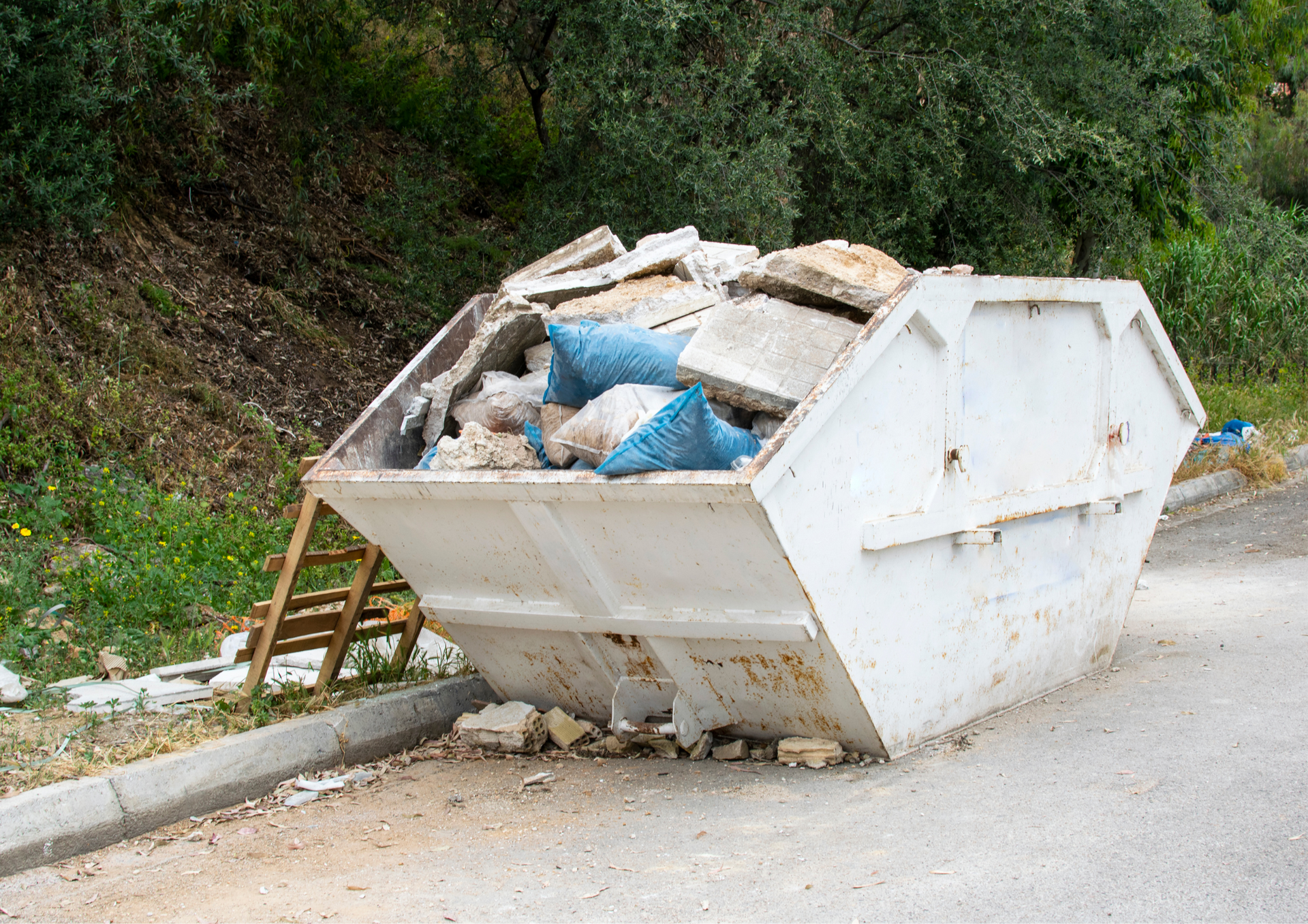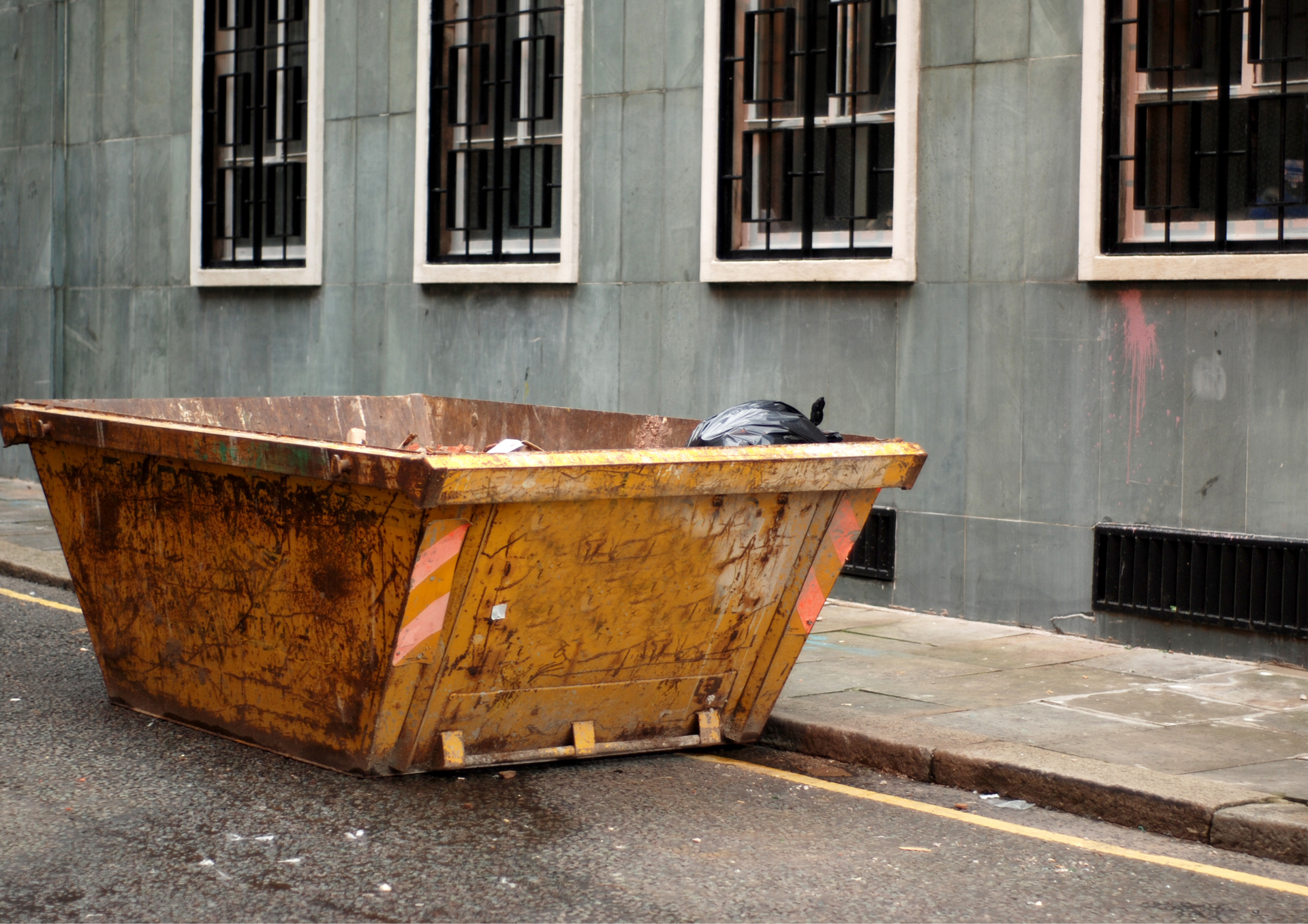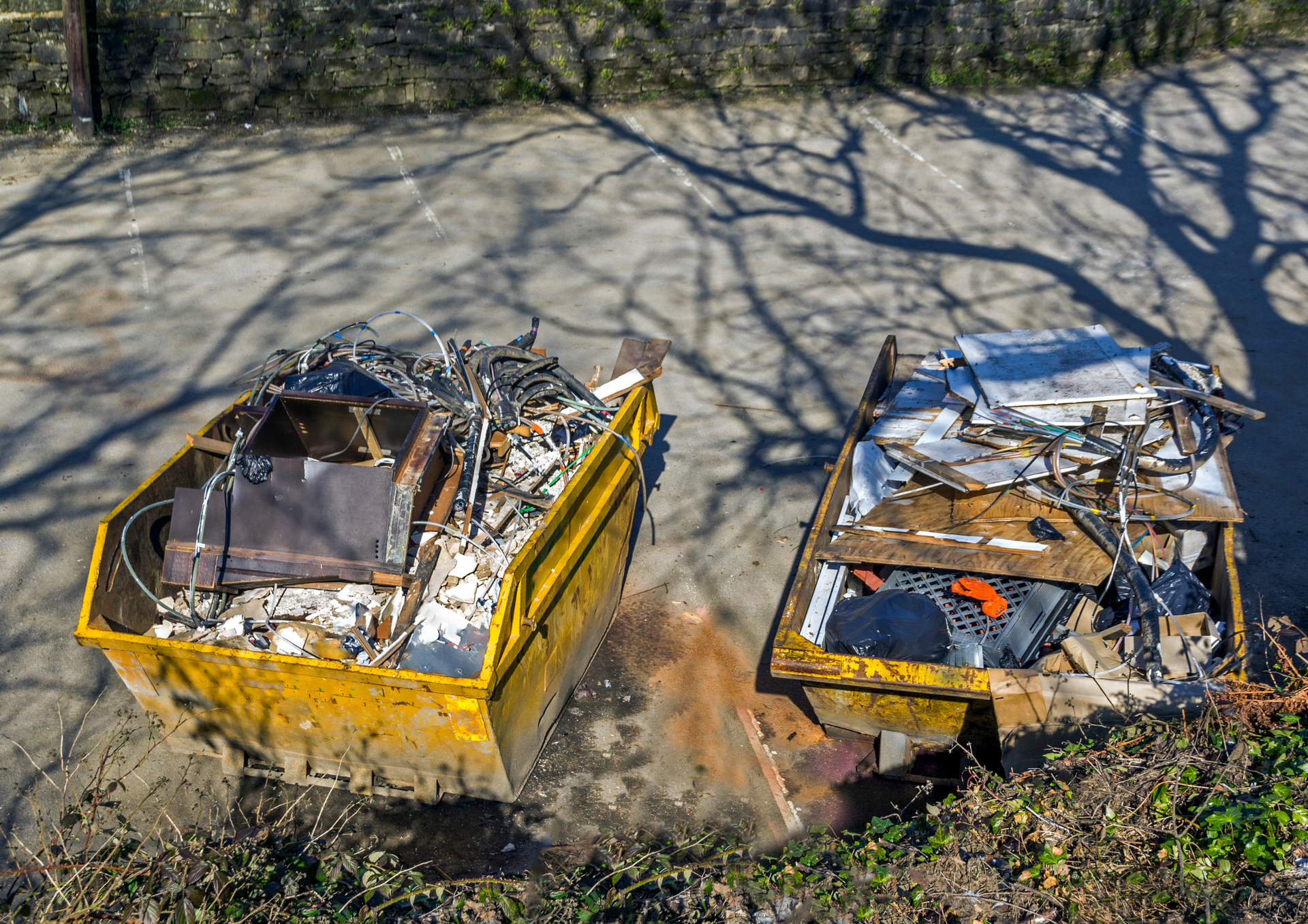A Complete Guide to What Can and Can’t Go in a General Waste Skip
When managing a renovation, construction project, or large-scale clear-out, hiring a general waste skip is one of the most convenient and cost-effective ways to handle unwanted materials. However, not everything can be thrown into one. Understanding what belongs — and what doesn’t — in your skip helps ensure safe, efficient, and compliant waste disposal.
This guide will take you through everything you need to know about responsible waste disposal when hiring a skip.
What You Can Put in a General Waste Skip
When it comes to decluttering or managing site waste, a skip offers exceptional convenience. Most non-hazardous, general household, and commercial waste can safely be disposed of in a general waste skip. The key is ensuring that materials are safe, non-toxic, and suitable for landfill or recycling.
Common items allowed include:
- Household rubbish such as packaging, plastics, and paper products
- Non-electrical furniture including tables, chairs, and cupboards
- Building debris like wood, plasterboard (in small quantities), and tiles
- Textiles and carpets
- Garden waste such as branches, leaves, and soil (in moderate amounts)
- Plastics and polystyrene
- Metal scraps that are free from oil or paint residue
If you’re decluttering your home, doing minor renovations, or managing a small building project, a general waste is perfect for collecting a broad range of everyday waste. The flexibility of this solution makes it a go-to option for both residential and commercial needs.
That said, you must avoid mixing in hazardous materials, electrical items, or anything that poses a risk to health or the environment. Doing so ensures your waste can be safely processed and disposed of in accordance with UK waste regulations.
What You Can’t Put in a General Waste Skip
While a general waste skip can accommodate most common materials, there are strict restrictions on certain items for safety and environmental reasons. Placing prohibited materials into a skip can lead to fines or additional disposal charges, so it’s vital to know what’s off-limits before booking your skip.
Prohibited items include:
- Hazardous waste: Paint, solvents, oils, and cleaning chemicals fall under this category. These items contain substances that can contaminate soil and water.
- Electrical equipment (WEEE waste): Televisions, computers, refrigerators, and microwaves must be disposed of separately under WEEE regulations.
- Asbestos: Highly hazardous and must be removed by licensed professionals with specialist containment measures.
- Gas cylinders: Even when empty, gas bottles and cylinders pose explosion risks and require specialist disposal.
- Tyres and batteries: Both contain materials harmful to the environment and cannot be processed through general waste collection.
- Medical or biological waste: Needles, sharps, and medicines must be handled through approved medical waste channels.
It’s also worth checking with your provider before including any large or bulky materials. For example, while plasterboard is sometimes allowed in small quantities, many recycling facilities now require it to be disposed of separately due to the sulphates it contains.
By following these restrictions, you not only protect the environment but also ensure your skip remains compliant with local waste disposal laws — avoiding unnecessary costs or penalties.
Tips for Efficient and Responsible Waste Disposal
Proper skip usage goes beyond just knowing what can and can’t be thrown away. With a few practical steps, you can maximize efficiency, reduce costs, and ensure your project runs smoothly from start to finish.
1. Sort before you load
Before tossing items into the skip, separate recyclables from general waste. This helps reduce landfill impact and ensures reusable materials are properly recycled.
2. Load strategically
Place flat and heavy items at the bottom to create a stable base, followed by lighter materials. Avoid overfilling your skip — waste should not exceed the top edge. Overfilled skips are unsafe to transport and may incur additional fees.
3. Know your waste type
If you’re unsure whether certain materials are suitable for disposal, consult your skip provider. They can advise on the right type of skip for mixed or specialised waste, ensuring compliance with environmental regulations.
4. Consider the right skip size
Selecting the right skip size helps save money and time. Too small, and you’ll need multiple collections; too large, and you might overpay for unused space. Providers like us offer guidance to help you choose the most efficient size for your project.
By being proactive about how you load and manage your waste, you can make your skip experience smooth, cost-effective, and environmentally responsible.
This is especially important if you’re using a skip bin general waste service for large clear-outs or commercial operations — where mixed materials and volume can easily complicate disposal.
Environmental Responsibility and Legal Considerations
Waste management isn’t just about convenience — it’s a legal and moral responsibility. Every individual and business must ensure their waste is handled safely and ethically. In the UK, waste producers are bound by the Duty of Care regulation, requiring them to take all reasonable steps to prevent illegal waste disposal and environmental harm.
When using a skip, this means choosing a licensed provider and ensuring your waste is disposed of at authorised facilities. A reputable skip hire company will handle the sorting, recycling, and disposal processes on your behalf, giving you peace of mind that your waste is being managed correctly.
Additionally, many providers now prioritise recycling and resource recovery, diverting as much waste as possible from landfill. By hiring responsibly, you contribute to reducing the carbon footprint associated with waste management.
If you’re comparing general waste skip hire prices, remember that the cheapest option isn’t always the best. It’s crucial to factor in the reliability, professionalism, and environmental policies of your provider. Paying slightly more for a licensed, eco-conscious service ensures compliance and protects your reputation as a responsible waste producer.
Similarly, businesses and homeowners looking for general rubbish bin hire should verify that the service includes proper waste segregation and recycling measures. Doing so supports a circular economy and helps you align with sustainability goals.
For landscapers, event organisers, and construction teams, sustainable waste management also enhances brand reputation and community trust. Customers and clients increasingly value businesses that demonstrate environmental awareness — making responsible skip use both a smart and ethical choice.
Understanding what can and can’t go in a general waste skip is essential for safe, legal, and environmentally responsible disposal. From everyday household clutter to renovation debris, a skip offers a simple and efficient way to manage large volumes of waste. However, adhering to disposal rules and avoiding prohibited materials protects both you and the environment.
Whether you’re clearing a property, managing a building site, or organising an event, being informed about waste categories helps ensure compliance, minimises costs, and promotes sustainable practices. Always work with a licensed provider that values transparency, safety, and eco-friendly disposal methods.
At
Skip Hire Darlington, we pride ourselves on offering reliable, professional, and affordable waste management solutions for every need. Our wide range of skips and flexible hire options make it easy for homeowners, builders, and businesses to dispose of waste safely and efficiently.
New update on X: A complete guide to what can and can’t go in a
General Waste Skip!




